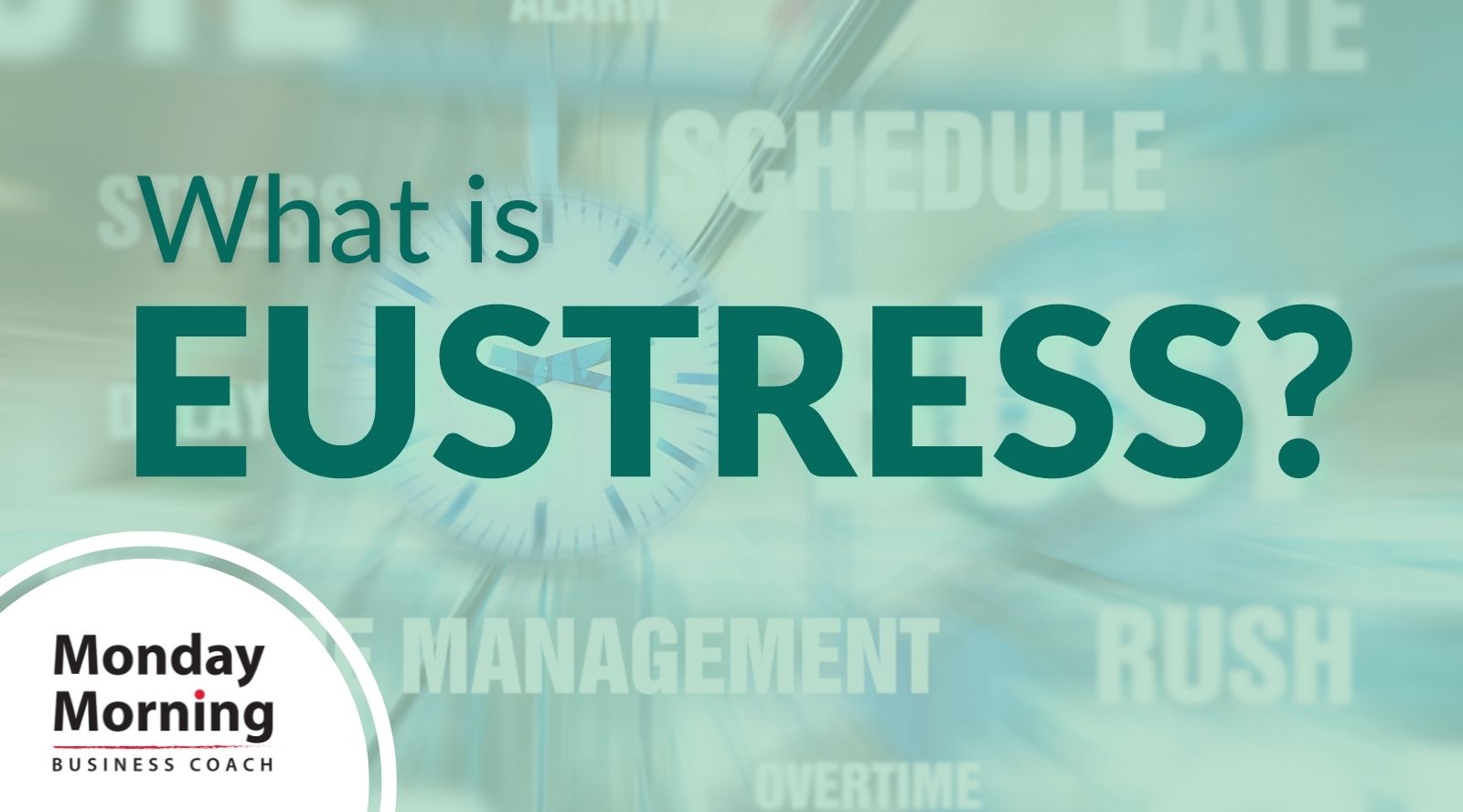I stress…they stress…“eustress”!
What?!?
Never heard of eustress? It’s important to understand because it’s good for us and it also taxes us.
Given that it’s the holiday season, a time filled with additional stresses, we thought it might be an important time to talk about eustress vs distress.
We all know about distress—it’s the stress we most frequently describe—the negative stress that comes from unpleasant or difficult situations or anxiety about the future. We also know that too much distress is bad for our health. It leaves us feeling out of control and overwhelmed and often causes us to react with the “fight, flight, or freeze” response.
So, then, what is eustress? Eustress is a type of stress that’s positive and often motivating. For example, eustress typically:
- is short lived
- provides energy and excitement
- is something we’re able to control
- helps us to focus and perform better
- is a healthy dose of challenge
As described in an article by Elizabeth Scott, PhD on Very Well Mind,
“Eustress refers to stress that leads to a positive response. It is the opposite of distress and can refer to any type of beneficial stress, whether physical or psychological. It tends to be short-term and often feels exciting. People perceive this type of stress as manageable and even motivating.”
The thing to remember is that too much eustress can also wear you down because it taps your energy and focus. When this goes on too long, it can be hard on you emotionally and physiologically.
Why are we talking about this? Because we wanted to remind you (and ourselves!) that not all stress is bad. And, that we can start to train our brains to look at situations that create distress (i.e. “threats”) as potential opportunities.
The next time you’re feeling distress, consider exploring if changing your mindset would be helpful.
For example, instead of, “I have to run the company meeting and am so anxious about not having the right answers for the group” you could think, “I get to run the company meeting and am excited about the opportunity to hear from the group. I will remain curious and open so that they know that they matter.”
You may still be very tired after that meeting, but you’re more likely to feel satisfied and proud.
It’s important to remember that
the way we talk to ourselves
can change our sense of the impact
and power we have in our own lives.
As you’re navigating the multiple stressors of life, try changing your mindset and see if your body reacts in a more productive way.
Let us know how it goes!
If you’d like support
in managing your stress,
contact us today.


